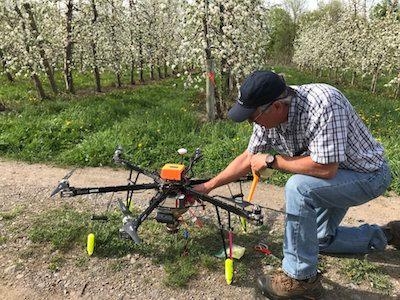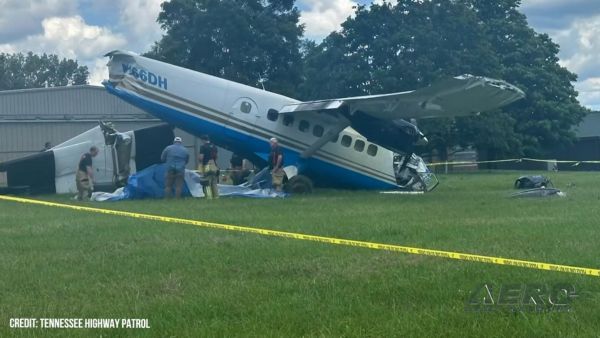Mon, Jul 09, 2018
Advertisement
More News
 Aero-News: Quote of the Day (06.10.25)
Aero-News: Quote of the Day (06.10.25)
“The Army is investing in its future warfighters, and that means delivering training tools that truly reflect operational reality. The MD 530F is not just ready for that miss>[...]
 NTSB Final Report: Arthur B Canning Merlin Lite
NTSB Final Report: Arthur B Canning Merlin Lite
Contributing To The Outcome Was The Pilot’S Failure To Maintain Airspeed And His Exceedance Of The Motorglider’S Critical Angle Of Attack Analysis: The kit manufacturer>[...]
 ANN's Daily Aero-Linx (06.10.25)
ANN's Daily Aero-Linx (06.10.25)
Aero Linx: National Warbird Operator Conference Founded in 1993, the annual NWOC event brings together warbird owners, operators, and museum directors to address particular events >[...]
 ANN's Daily Aero-Term (06.11.25): Obstacle
ANN's Daily Aero-Term (06.11.25): Obstacle
Obstacle An existing object, object of natural growth, or terrain at a fixed geographical location or which may be expected at a fixed location within a prescribed area with refere>[...]
 ANN's Daily Aero-Linx (06.11.25)
ANN's Daily Aero-Linx (06.11.25)
Aero Linx: Florida Antique Biplane Association "Biplanes.....outrageous fun since 1903." That quote really defines what the Florida Antique Biplane Association (FABA) is all about.>[...]
blog comments powered by Disqus




